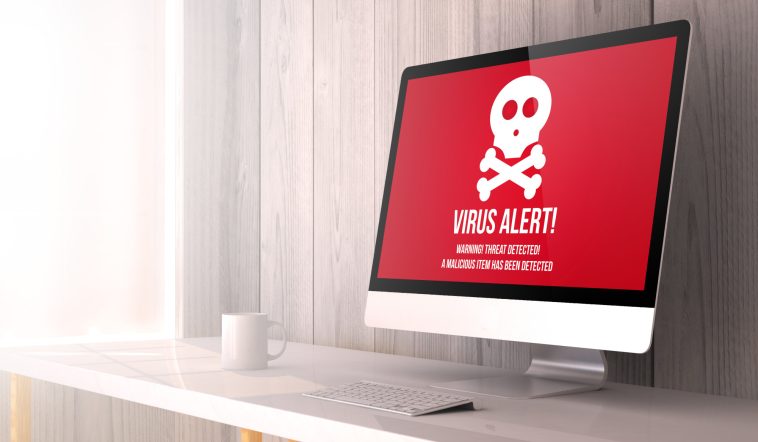Digital devices, like smartphones and laptops, have changed how we live, work, and play. These devices connect to the internet almost everywhere and all the time.
As a result, there are more cyberattacks than ever, with more malicious computer viruses and other attacks affecting more people than ever.
However, when it comes to your computer, getting a computer virus can happen sooner than you think. If you just got a new laptop, here is how you can get a computer virus. Read on to learn more!
1. Phishing Emails
Phishing emails appear to come from a legitimate website or business. Still, they are from hackers attempting to steal personal information or infect computers with viruses. These emails often contain malicious links or attachments and can be challenging to identify as fake.
To protect against phishing emails, users should be wary of any emails that ask for sensitive personal information or have links or attachments that were not expected. Users should also ensure their computer is updated with antivirus and antimalware software.
If you suspect that your computer has a virus due to phishing emails, contact these computer repair professionals and have it fixed in no time!
2. Malicious Downloads
These could happen if you download a file from a source you don’t trust, click on a link in an email, or go to a lousy website. Computer viruses also spread by pirating media or downloading from places you don’t trust.
Before downloading, ensure you know where the file came from and use software to check each file for viruses. Users should install and keep a firewall and virus protection software up to date to stop dangerous downloads and viruses.
3. Infected Removable Media
This includes USBs, memory cards, CDs, DVDs, and other external drives. These items pass along malicious software when they’re inserted into computers.
Since these media are often shared among friends and family, they can pass viruses from one person’s computer to another’s. To prevent this from happening, it’s essential only to use external media from reliable sources and to scan the press for viruses after inserting it into a computer.
4. Software Vulnerabilities
Malicious software can take advantage of software that is not updated. Because of these holes, hackers can add malicious code to apps that collect and send sensitive data.
Hackers might be able to get into computers that don’t have the latest security or malware protection. Users should get updates for their software from places they can trust.
5. Unsecured Networks
When using public Wi-Fi, especially in places like airport lounges, cafes, hotels, and other public areas, viruses can get into a device if the network connection is unsafe. Even the simplest viruses can get into a device through an open network if it doesn’t have the right protection and antivirus software.
When using public Wi-Fi, users can protect their devices from cyber attacks and viruses by sticking to safe networks with passwords. Users should always know where their device links and what it downloads to make sure it doesn’t get an internet virus.
Tips on How to Prevent Computer Virus
Computer viruses can be a nuisance and can cause a lot of damage to your pc. The best way to protect oneself is by being aware of common ways to get a computer virus and taking the appropriate steps to mitigate the potential risk.
Be sure to install the latest updates on your computer, practice safe browsing online, and install antivirus software. Act now and get protected from computer viruses!
Found this article helpful? Browse through our other blog posts for more tips.




